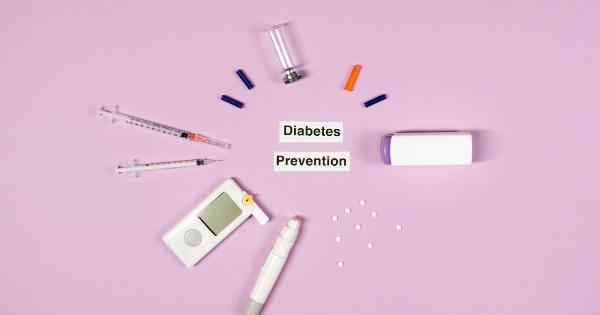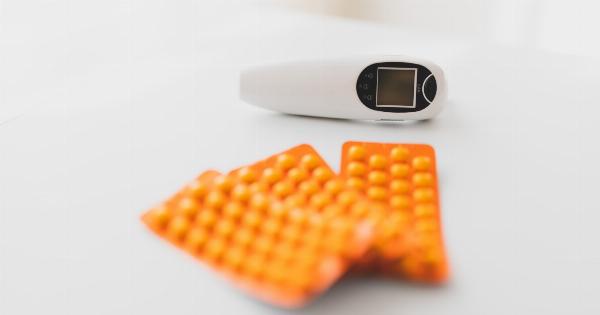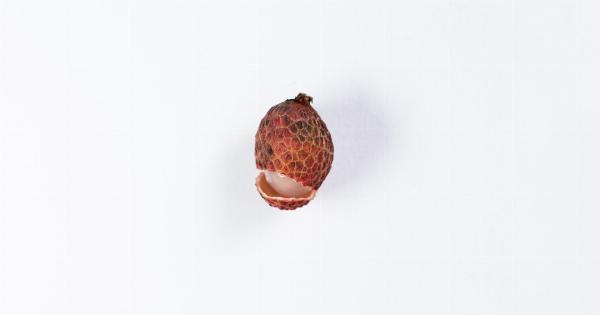Attention Deficit Hyperactivity Disorder or ADHD is a neurological condition that affects millions of children worldwide.
Characterized by hyperactivity, impulsivity, and difficulty in focusing, ADHD can be challenging for both the affected children and their parents. While there are several pharmaceutical drugs available in the market, increasing numbers of parents and medical professionals are exploring alternative and more natural ways of treating ADHD. One such promising alternative is the use of saffron.
What is Saffron?
Saffron is a spice derived from the stigmas of the flower Crocus sativus. Although saffron is mostly known for its use in cuisines worldwide, especially in Indian, Persian, and Mediterranean cooking, it has several medicinal properties.
For centuries, saffron has been used in traditional medicine to treat a wide range of ailments, such as depression, anxiety, menstrual cramps, and even cancer.
How Can Saffron Help in ADHD?
The most common treatment for ADHD is the use of stimulant drugs such as Ritalin or Adderall.
While these medications can be effective in managing the condition, they come with several side effects, including sleep disturbances, appetite loss, and even addiction. Saffron, on the other hand, is natural and comes with minimal side effects.
Saffron contains several compounds that work together to produce its therapeutic effects. One such compound is safranal, which has been shown to have anti-inflammatory and antioxidant properties.
These properties are essential in managing ADHD symptoms as they help to reduce brain inflammation, which is known to cause several neurological disorders, including ADHD.
Saffron has also been found to increase serotonin levels, a neurotransmitter that plays a crucial role in regulating mood and behavior. Low levels of serotonin have been linked to the development of ADHD symptoms in children.
By increasing serotonin levels in the brain, saffron can improve mood, reduce anxiety, and improve behavior.
Research Evidence
Several studies have shown the efficacy of saffron in managing ADHD symptoms in children. In a randomized, double-blind, placebo-controlled trial, eighty children diagnosed with ADHD were given either 20mg of saffron or a placebo for eight weeks.
At the end of the study, the group that received saffron showed significant improvement in ADHD symptoms such as inattention, hyperactivity, and impulsivity, as compared to the placebo group.
Another study conducted on sixty primary school children also showed positive results. In this study, children were given either Ritalin or saffron for six weeks.
The group that received saffron showed similar improvement in ADHD symptoms as the group that received Ritalin, with no reported side effects.
How to Use Saffron for ADHD?
Saffron is available in several forms, such as powder, capsules, and oils. While a pinch of saffron in cooking is safe, it is important to note that the dosage required to manage ADHD symptoms is significantly higher.
Furthermore, excessive use of saffron can be harmful and cause side effects such as nausea, dizziness, and even toxicity.
The recommended daily dosage of saffron for ADHD is between 20-30mg. This amount can be obtained from saffron capsules or extracts which can be easily found in health food stores or online.
As with any supplement, it is important to consult a medical professional before starting saffron treatment, especially if your child is already on medication.
Conclusion
Saffron is a safe, natural, and promising alternative to pharmaceutical drugs for managing ADHD symptoms in children. The compounds in saffron can effectively reduce brain inflammation, improve mood, and behavior, and increase serotonin levels.
With several studies showing its efficacy, saffron is definitely worth considering as part of a holistic and natural approach to ADHD treatment.



























